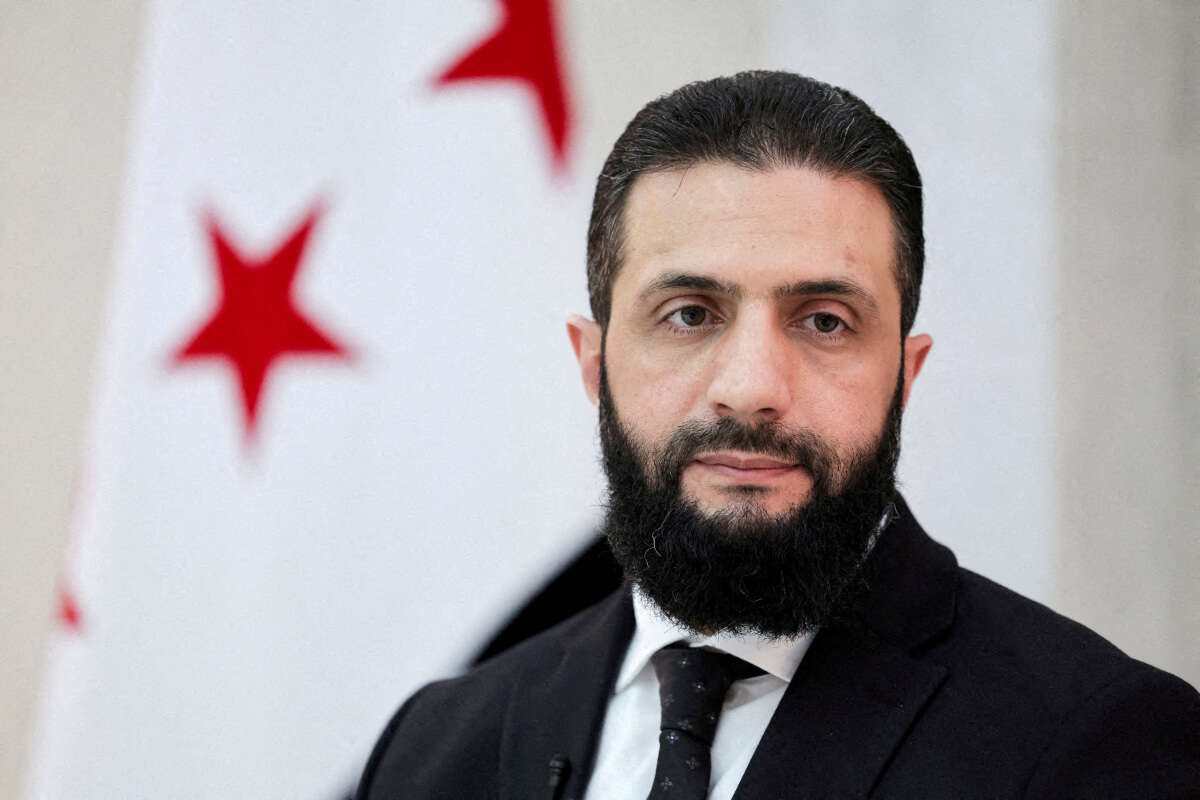Al-Sharaa's plot failed, but the battle isn't over
The Syrian Islamist regime had planned to seize control of the Druze city Sweida, but local fighters and Israeli strikes stopped it in its tracks. Now, Damascus is expected to try to isolate and weaken the city ahead of the next round. One can hope the attack has shaken those swayed by the Syrian President charm offensive.
The first reason was the fierce resistance from Druze gunmen inside the city. According to the Syrian Observatory for Human Rights, more than 100 jihadist fighters were killed in the fighting, with some even trapped inside city limits. The second factor was Israel's unusually forceful response, which included airstrikes on armored vehicles, roadblocks, supply lines, and key regime infrastructure. These actions sent a clear message to the Syrian President: his bid to settle scores with the Druze would not go unanswered.
Still, for Syria's Islamist regime, war is never truly over. In a speech early Thursday morning, al-Sharaa delivered a pointed message: a single battle may be lost, but that doesn't guarantee victory in the next. He also blamed Israel for a conspiracy to divide Syria. In other words, the Islamist forces are simply regrouping and waiting for another chance. Meanwhile, pro-regime voices in Damascus have called for a boycott of Sweida, accusing its leadership of betrayal. The strategy appears to be to isolate and weaken the Druze stronghold as much as possible.

Hopefully, the recent assault has served as a wake-up call to those who were lulled by al-Sharaa's public relations makeover. Yet no matter how often the long-term threat of radical Islam is explained, to the free world in general and to Israel in particular, it seems that a well-worn suit and a few meetings with global dignitaries in Arab and Western capitals, backed by Qatari and Turkish propaganda, are still enough to fool some. Eventually, someone will take the bait and try to argue that the duck is not actually a duck.
Israel can cooperate with the Damascus regime to a limited extent, specifically in the fight against pro-Iranian militias and Hezbollah. In that area, there is a clear overlap of interests due to the shared enemy. However, this cooperation has its limits. Anyone expecting the Abraham Accords to be extended to include al-Sharaa's regime simply doesn't understand who they're dealing with. The current Syrian president is far more cunning, seasoned, and dangerous than the less sophisticated jihadists who once easily deceived Israel.

Israeli Air Force jets bombed the Syrian military headquarters in Damascus on Wednesday.
The Syrian Defense Ministry building sits heavily damaged after Israeli airstrikes in Damascus, Syria, Wednesday, July 16, 2025.
To date, al-Sharaa has not removed top regime officials who espouse radical Islamist ideology. Reportedly, he hasn't even purged foreign jihadists from his ranks. Instead, he is forging alliances and relying on Arab states focused narrowly on regional and economic interests. These states show no concern for minority rights or Israeli security, so long as someone is cracking down on drug smuggling and containing Iranian expansionism. For instance, Saudi Arabia's Foreign Ministry this week expressed support for al-Sharaa's "efforts" to restore law and order in Sweida.
Moreover, the recent understandings between Israel and Syria were not about normalization or peace. Rather, they focused on returning to the 1974 Disengagement Agreement between the two countries. Sources close to al-Julani's regime emphasized that unless Israel withdraws from territories it has occupied since December, there is no basis for formal relations.
In short, what is at stake is not peace but a situation reset - one that would allow the Islamist regime to entrench itself near Israel's border. And that leads to one unavoidable question: Has Israel truly learned what it means to trust terrorists in suits?
No comments:
Post a Comment